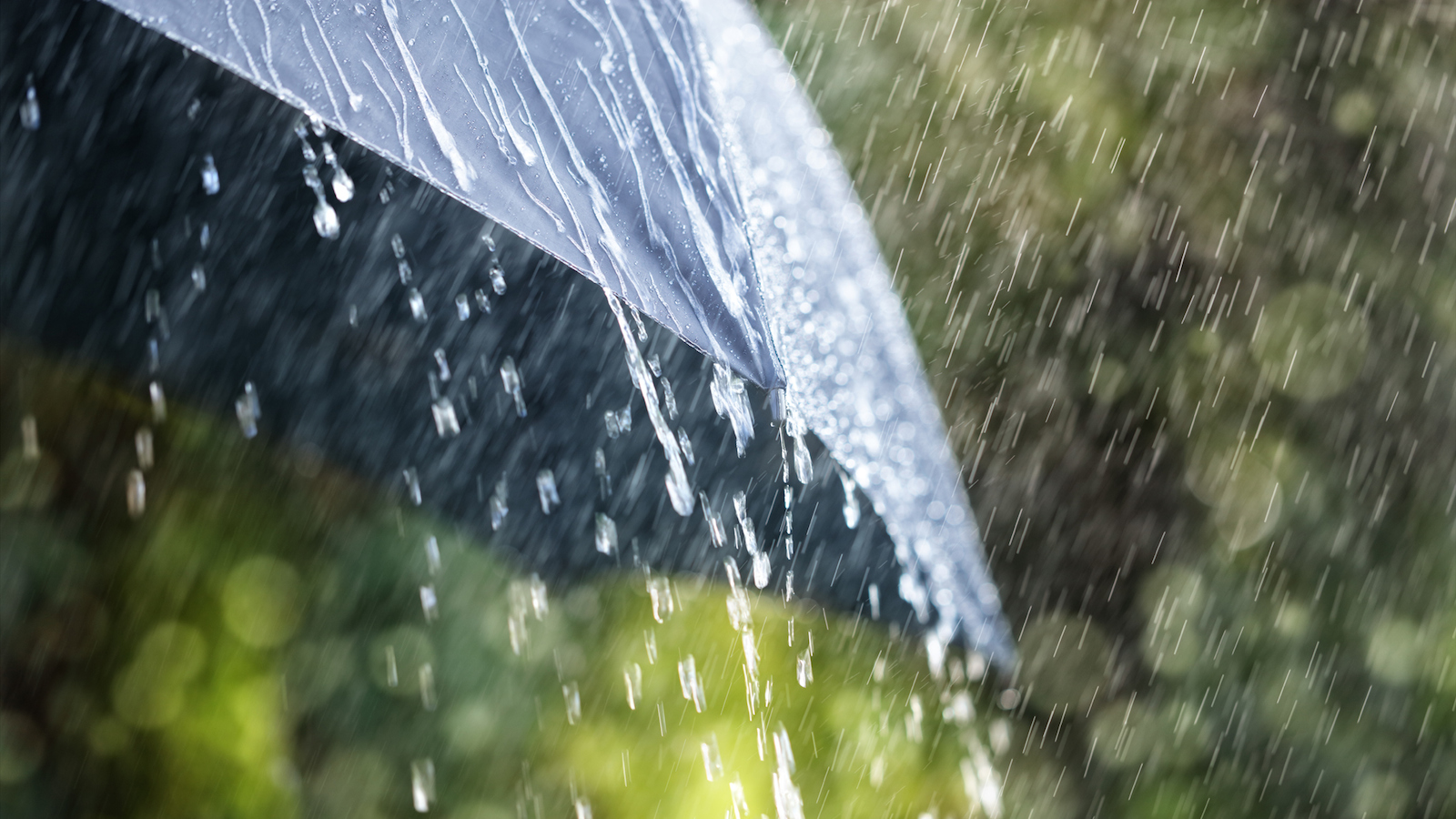Commentary on Parashat Ha'Azinu, Deuteronomy 32:1-52
Give ear, O heavens, let me speak;
Let the earth hear the words I utter!
May my teaching drip as the rain,
My words flow as the dew,
Like showers on young growth,
Like droplets on the grass.
For the name of Adonai I proclaim;
Give glory to our God!” (Deuteronomy 32: 2-3)Moses‘ final words to us, his people, are poetry. These words are so important that ordinary prose just won’t work. They are so important that the entire world, heaven and earth must listen. His words, grandiloquent, fierce, and impassioned, must fall upon us like rain, touch us like dew.
I can understand the comparison to rain. Rain, as we understand more and more in our drought-stricken region, is absolutely crucial for life. These days we welcome it with gladness. But always, whenever it rains, even a light drizzle, no matter the spirit in which we accept it, we can’t help but notice it. Whatever Moses will say in the verses that follow will be like rain–an attention-grabbing teaching that we cannot and must not ignore.
But like other commentators, I’m a bit puzzled by the mention of dew. Why does Moses say that his words are like the dew? Rashi, following Sifre, a midrash on Deuteronomy, explains that everyone rejoices in the dew but rain, though vital, can be annoying to someone on a journey, for example, or to a winemaker into whose vat the rain falls as he is pressing his grapes and spoils his yield. Rashi’s answer is both practical and acute; it takes into account our very human reaction to a phenomenon that we know is crucial for our survival but at that particular moment is, well, raining on our parade.
Rashi assumes that everyone unconditionally rejoices in the dew. I love the dew because it is the antithesis of rain. Dew is shy and unpretentious, qualities which rain can sometimes also possess, but much more aggressively. Rain always calls attention to itself.
But when I think of dew, it is with a smile. I think of an early summer morning. It is calm and sleepy. I could be the only one awake in the whole world except for the birds. The sun has just risen and its rays are still gentle. I am barefoot. If I just run out the door I’ll get my feet wet and then go about my business. But if I take my time and look before I step on the grass, I can see the little drops of dew glistening on each individual blade. When I step on the grass, I shiver a little, but it’s a pleasant, anticipatory shiver, heralding all the mystery that the new day will bring. Dew is quiet, and unassuming, beneficial and dependable, yet mysterious. It is there every morning but we are likely to ignore it or take it for granted.
Dew just is. This simple fact is crucial to our understanding of the importance of dew. The implication of dew’s quiet existence is quite profound. To be aware of the dew is to become alert to all of the hidden goodness of God that we so often take for granted. In the haftarah (reading from the Prophets or Writings) we read for Shabbat Shuvah (the Shabbat between Rosh Hashanah and Yom Kippur) this week, Hosea tells us that God will be to Israel “ka’tal,” like the dew (Hosea 14:6), and coated with dew, Israel will blossom and flourish.
Rain, like Torah, keeps us alive but rain does not always fall. The dew, smaller and less obvious, is a constant. Both rain and dew are signs of God’s mercy, which is at times obvious, at times less so. During these days of teshuvah (repentance) when we have much hard spiritual work to do I find it comforting to think of God’s mercy like the dew, always there, steadfast in love no matter how far we might have strayed and how long we might have forgotten it.
Provided by the UJA-Federation of New York, which cares for those in need, strengthens Jewish peoplehood, and fosters Jewish renaissance.
With your help, My Jewish Learning can provide endless opportunities for learning, connection and discovery.
Adonai
Pronounced: ah-doe-NYE, Origin: Hebrew, a name for God.
Rosh Hashanah
Pronounced: roshe hah-SHAH-nah, also roshe ha-shah-NAH, Origin: Hebrew, the Jewish new year.
Shabbat
Pronounced: shuh-BAHT or shah-BAHT, Origin: Hebrew, the Sabbath, from sundown Friday to sundown Saturday.



